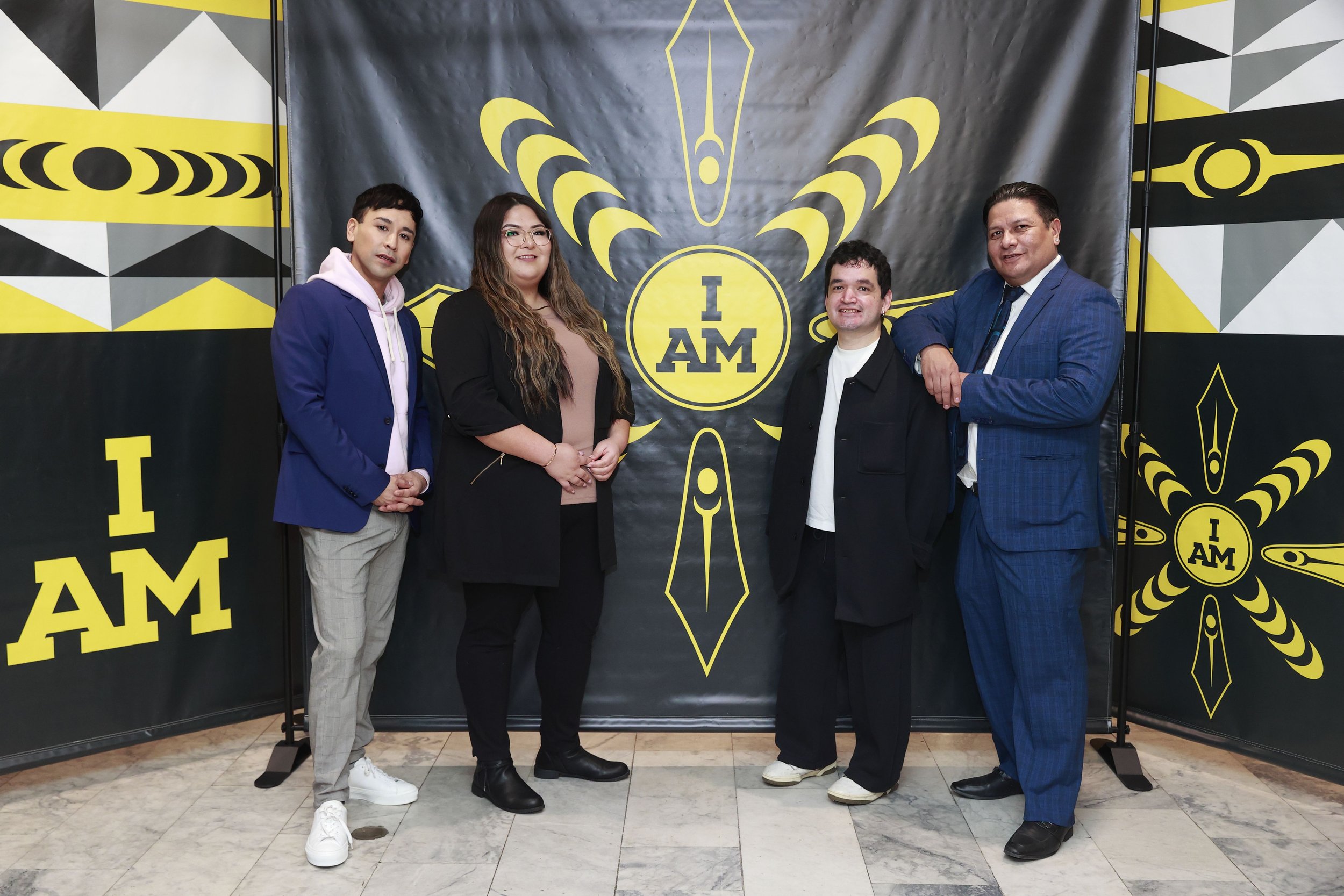Invictus Games: A Model for Meaningful Indigenous Engagement & Reconciliation
As Vancouver and Whistler prepare to host the Invictus Games, one of the most inspiring aspects of this international event is its commitment to meaningful engagement with local First Nations. The Games—founded by Prince Harry, Duke of Sussex, to support wounded, injured and sick service members—are about more than competition. They are a testament to resilience, recovery and community. And in 2025, they are setting a new standard for how global events can authentically engage with Indigenous communities.
Several of my former colleagues are working with the Invictus Games Vancouver Whistler 2025 team, and it's no surprise to see them leading an event that is truly walking the talk when it comes to Indigenous engagement. From the outset, they have prioritized working in partnership with the host nations: Lil̓wat7úl (Líl̓wat), xʷməθkʷəy̓əm (Musqueam), Sḵwx̱wú7mesh (Squamish) and səlilwətaɬ (Tsleil-Waututh) Nations. This goes beyond symbolic land acknowledgments—these communities have been actively involved in shaping the Games experience, ensuring that Indigenous culture and traditions are woven into every aspect of the event and that the Games respond to Canada’s Truth & Reconciliation Commission Calls to Action.
A Meaningful Partnership, Not Just a Checkbox
Too often, large-scale sporting events include Indigenous participation as a ceremonial gesture—important, but limited in scope. The Invictus Games Vancouver Whistler 2025 team is doing things differently. They have taken the time to build genuine relationships with First Nations communities, creating opportunities for collaboration and knowledge sharing in areas such as:
Cultural Inclusion: Indigenous protocols, language and storytelling will play a key role in the Games. Expect to see Indigenous art, performances and traditions integrated into opening and closing ceremonies, as well as throughout the venues.
Economic Participation: Local First Nations businesses and artisans are being engaged as suppliers, providing goods, services and experiences for visitors and athletes. The Games' striking visual identity is just one example—developed in partnership with artists from each of the Four Host Nations.
Shared Values: Recognition, healing and legacy are deeply shared values between Indigenous communities and veterans. The meaningful partnerships with First Nations not only acknowledge this shared spirit but also create opportunities for dialogue and mutual respect. Through cultural exchange, representation and visibility, the Games reinforce the idea that healing comes in many forms—whether through sport, connection to culture or the simple act of being seen and heard.
Artists from each of the Four Host Nations that created the Invictus Games Vancvouer Whistler 2025 visual identity. Photo Credit: Invictus Games Vancouver Whistler 2025.
A Stark Contrast Between BC and Ontario
Having recently moved back to Ontario from BC, the differences in Indigenous engagement and reconciliation efforts are hard to ignore. Out west, I had the good fortune to work with organizations that have made real, measurable progress in this area:
The Musqueam Indian Band - YVR Airport Sustainability & Friendship Agreement is a leading example of an Indigenous-corporate partnership. The agreement acknowledges Musqueam's traditional territory and provides economic, employment and education opportunities while integrating traditional Musqueam culture and practice into the airport experience and airport operations.
LNG Canada has set a high standard for Indigenous engagement in the resource sector. Their partnership with the Haisla Nation and other communities along the pipeline route is bringing meaningful economic and social benefits, ensuring that First Nations are not just consulted but are active participants and beneficiaries.
Vancouver Coastal Health has woven cultural awareness training and traditional medicine into its healthcare practices, ensuring that Indigenous patients receive care that respects their traditions and beliefs.
This level of partnership and engagement just doesn’t seem to be happening at the same scale in Ontario—or if it is, it’s certainly not as loud and proud as it is in BC.
Take, for example, the Scotties Tournament of Hearts, which is coming to Thunder Bay this month. I haven’t heard of any formal engagement or partnership with Fort William First Nation—an oversight that seems all too common here. When a national sporting event lands in a city, it’s an opportunity to celebrate local culture and create economic opportunities for Indigenous communities. Yet, in this case, there’s a noticeable silence.
Verdict: Landing (New to the blog? My tomatometer is explained here.)
Like a Harbour Air flight from Vancouver to Whistler, soaring above the breathtaking Sea to Sky Corridor and the traditional territories of the host nations, the Invictus Games Vancouver Whistler 2025 are setting the right course for meaningful Indigenous engagement. And as this flight glides in for a soft landing in Whistler, it’s clear—this isn’t just lip service. It’s real partnership, built on respect, collaboration and action.
By ensuring Indigenous voices are not just included but actively shaping the event, these Games are proving that reconciliation in Canada requires more than words—it takes commitment. Other international sporting events, and organizations across all sectors, should take note. When Indigenous communities are true partners, the result is a richer, more inclusive experience for everyone. And that’s worth celebrating.
So, Can You Be Doing More?
While I am certainly not an expert on Indigenous engagement and reconciliation, I have learned a lot from working with organizations that are making real progress in these areas. As a third-generation settler, I recognize my place in this ongoing conversation and the responsibility that comes with it. It’s something I’ve valued in my work with LNG Canada, YVR and VCH, and I’ve done my best to listen and learn.
If you’re wondering whether your organization could do better in this space, I’d be happy to share my experiences. Sometimes, it just takes a conversation to spark new ideas—or a fresh perspective to recognize opportunities that have been overlooked.
Get on the List!
Loving the blog? Don’t miss a thing—sign up for my newsletter at the bottom of the page.


